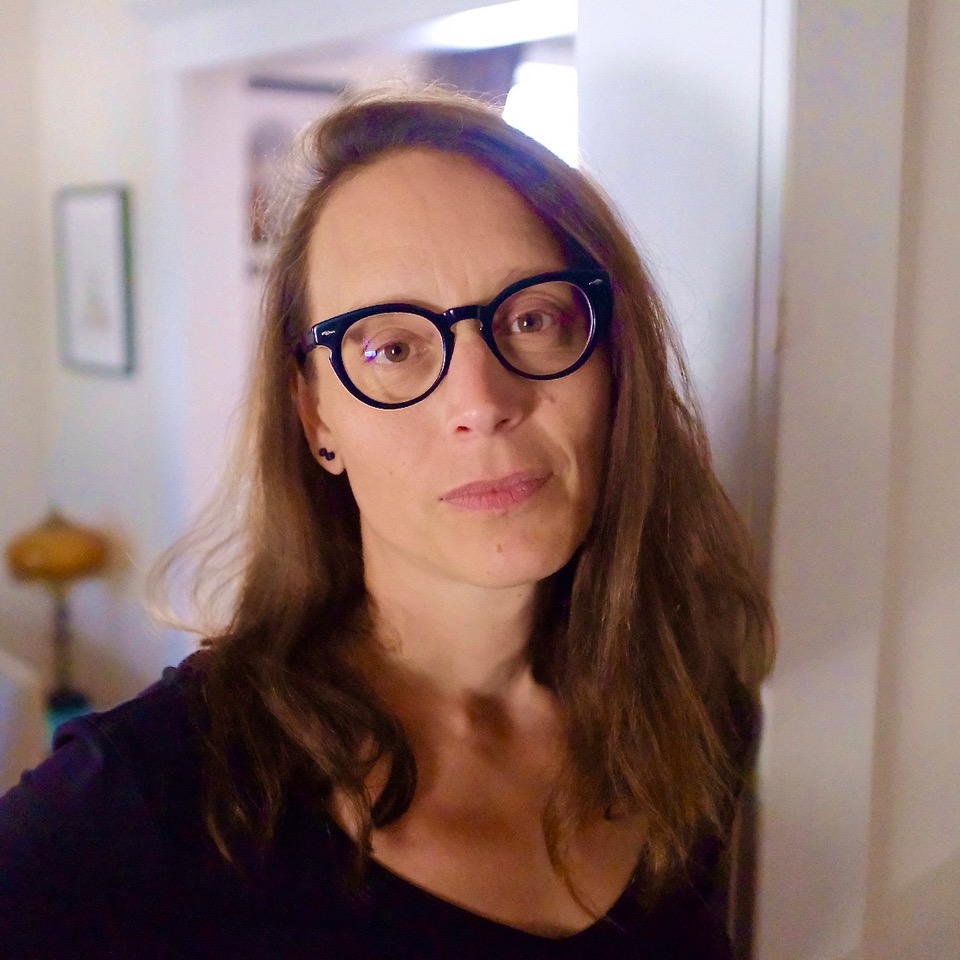Nancy Jo Cullen on Brecken Hancock’s “Haiku Haiku”

Arc Poetry Magazine has been involved with VERSeFest, Ottawa’s annual international festival of poetry, since its inception. So it is fitting that we are publishing Brecken Hancock’s “Haiku Haiku,” a celebration of the poets and poetry of VERSeFest 2021. “Haiku Haiku” is an engaging study of poetic voice, as is her introduction to the poem, where the poet breaks down her writing process. Brecken’s introduction invites us to think about how a poem works, how a poet works, and how a gathering of poets works to foster much-needed conversation and community. “Haiku Haiku” is a celebration of this potential.
Preface to “Haiku Haiku”
As the VERSeFest 2021 poet-in-residence, I was commissioned to write a poem in response to the festival. To find a way to adequately engage with the incredible lineup of poets, and the experience of hearing their work at the 20 festival events, I wanted to bring the more than 70 voices together in a collective study. I recorded the titles of writers’ featured books (or, in some cases, the title of the first piece they read in their performances, if they hadn’t launched a book yet) as a list, one title stacked on another and so on. I also surveyed the diversity of languages represented, including for poets who wrote in one language but noted in their bios or in their performances their identification with another language. These two lists formed the basis of the conceptual exercise: I used an online translator to run the list of works through the series of languages and finally, because I’m an anglophone poet working in English, I translated them all into English. Some titles are unrecognizable, some bear their own shadow, and some were virtually unchanged by the process.
From there, I tasked myself to keep the phantom titles intact (in terms of word order, not meaning or grammar), but I juxtaposed them in new ways until they gelled. I did not adhere to punctuation or case. In two places, the translations resulted in words that exist in no language, and I left them. Significantly, I must note that while there are online dictionaries containing some Algonquin and Cree translations, there are no AI translators of either Algonquin or Cree. Louise Bernice Halfe’s (Sky Dancer’s) awâsis – kinky and dishevelled translated to “confusion collected by awasis.” Thus, awâsis did not translate from its original Cree, other than to lose the circumflex, and remains mostly intact—it means “a child.”
Once I started playing within these constraints, another filter arose organically. Dave Read’s Fifty at Fifty: My Haiku and Jeanne Painchaud’s Mon été haïku became 50 to 50: My haiku and, simply, season elided, my haiku. These were the only signposts of poetic form, and they were duplicative, insistent. Late in the process, the poem seemed to assert that it wanted to be a series of haiku. This changed the rhythms again, and in some cases forced me into new re-arrangements. While my earlier rules didn’t allow for all stanzas to fall into perfect 5/7/5 syllabic patterns, I tried to remain true to the mood of haiku—something terse but rich.
Taken together, these metamorphic titles speak to a collective anxiety about poetry’s use-value in the face of intractable disease, systemic racism, institutionally sanctioned violence, climate change, and other trauma. We’ve been living through three years of a global pandemic now, and, at the time I wrote this VERSeFest poem (February 2022), we’d plummeted toward possible world war. That threat continues to loom, as do many compounding, ever increasing, threats to civil rights, environmental health, and our very survival.
It’s not a new question, but it persists: do we need more poetry? What I know from working with these poets’ words is that *we* need it—those of us who gather together to share our work and hold each other up. Probably each of us has a voice in our minds that tells us poems are unwanted. But we grapple with that voice, and, in the end, the existential argument itself is what fuels us to record what we see, and to record what we feel about what we see. Is there another way? Not for us. We look out at the world and it moves us to despair, but also strange forms of joy—and always awe. We come back to the page; we write more about it.
Brecken Hancock
Ottawa, June, 2023

Haiku Haiku
I have something to tell you, Frank. Carrot-red dress on the body of our Plexiglas tower: the trash is awake & viruses make little wolves to get used to. The first 3 months, I slept slowly. Fear of the future (an escalator) put the devil in us. Welcome, Cyrus— most Anglo-Saxon Ottawa, everything we think: Me. I have a painful allergy to my roots; you want to be someone else. . Walt Whitman told me directly, poems are un- wanted, cosmos’ letter is boring. Stop presenting the latest women’s poetry in Quebec 2000- 2020. No false interview with a Canadian author on differences in writing (psychological garden & accompanying booklet). Biographical words— these are cancer, black roots & yellow leaves. Me, you & Shelley know that life. . Is a rainbow 50 to 50 grace & fear? Earth enters the radar— unknown country, magic, its black salt, the south wind. Exposure’s the reason for the flower. You know the ground stars: orange begonia. . Get out of here ASAP—do you want to burn? . Postmodernism features boredom & my, my the poems are unusual. It’s not good to ask— Diggrafxt? Intuki? Word problem. Confusion collected by awasis’ gloves. Cut down a tree. Visit zoo attractions. Carry on, planet earth. It’s very important. Honestly: eat, or we’re both hungry—With love, from Pine Crest Creek; St. Boniface; Kerry; Africa. . Is, like, a dream beyond my heart provincial development? A healthy life? The debt I don’t understand? My feelings’ use of the site? Is TV the light of love? Answer from you: No. Write more about it.
Bios


